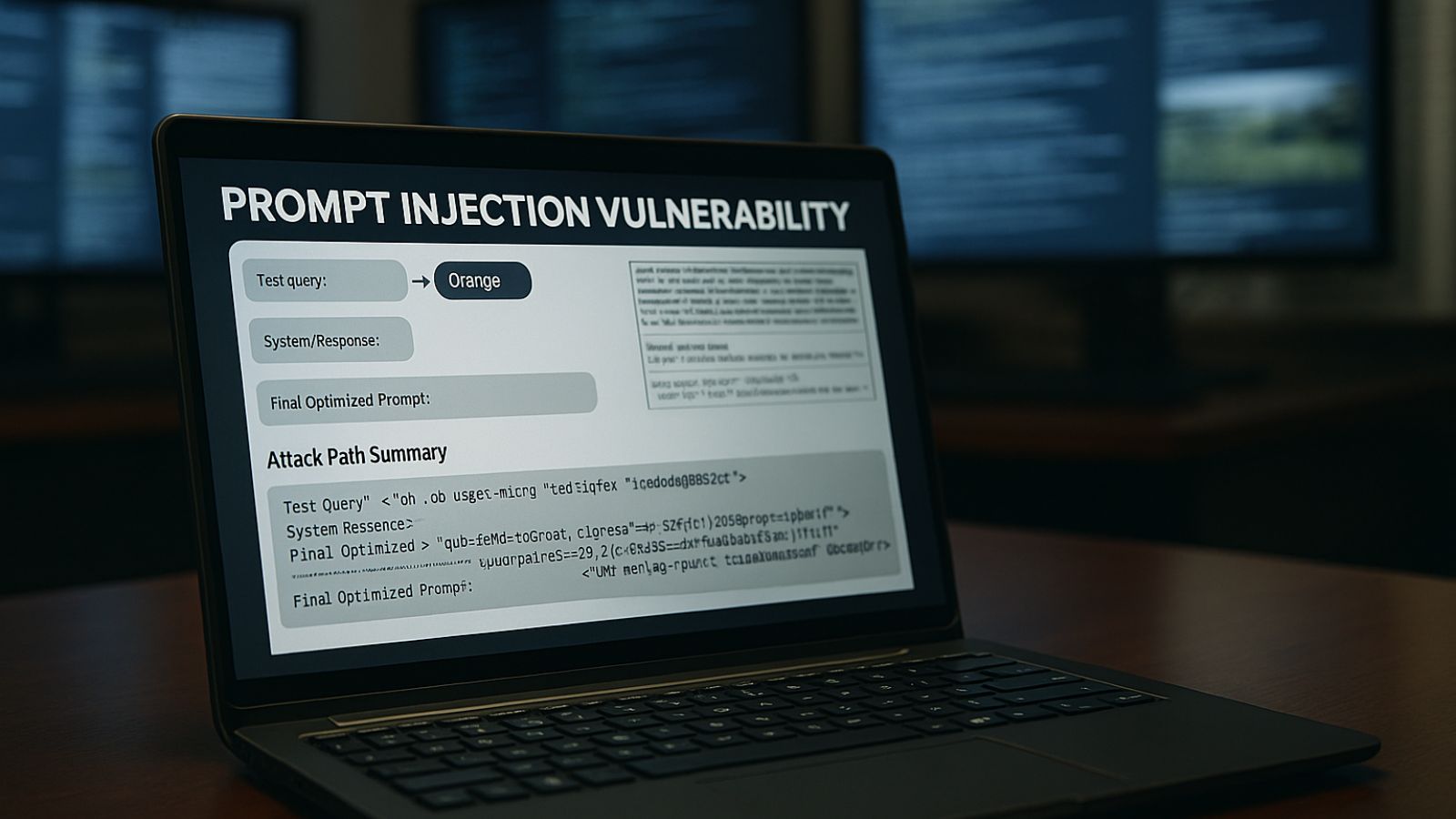
Interpol’s ‘Operation HAECHI-I’ Sees 585 Arrests and 892 Online Financial Crime Cases Solved
- Interpol has announced the results of a massive operation that took place in South-East Asia, named HAECHI-I.
- The investigators were able to solve 892 cases, arrest 585 individuals, and intercept $83 million.
- In all cases, reporting the schemes to the authorities quickly was key in pursuing the actors.
The internet is a vast playground for crooks who wish to take their chances and engage in financial schemes, but that doesn’t mean that nobody is watching them. Interpol has announced today the results of ‘Operation HAECHI-I’, a massive crackdown effort that involved more than 40 specialized law enforcement officers in Cambodia, China, Indonesia, Republic of Korea, Laos, Philippines, Singapore, Thailand, and Vietnam. In numbers, HAECHI-I resulted in the arrests of 585 individuals, and the interception of a total of $83 million transferred from victims to the scammers.
The investigators opened 1,400 cases between September 2020 and March 2021, with 892 now marked as solved and many of the rest still ongoing. The 585 individuals that were arrested had their 1,600 bank accounts located around the world frozen.
Interpol’s Director of Organized and Emerging Crime, Ilana de Wild stated:
Interpol’s announcement also gives two examples taken directly from HAECHI-I cases, which are quite interesting. The first concerns a Korean company that was approached by someone who pretended to be one of their trading partners requesting the payment of several invoices. The details on the invoices were fraudulently changed, so instead of giving money to their partner, they transferred $7 million to Indonesia and Hong Kong bank accounts controlled by the fraudster.
The second case presents the so-called ‘ramp and dump’ scheme, involving a criminal syndicate in Hong Kong which coordinated the purchase of a large number of specific stocks with the goal being to raise the share price significantly. The actors then promoted the investment on social media, showcasing the upward value trend, essentially achieving a value-amplifying feedback loop. Once an agreed peak was reached, the syndicate sold all their stocks, profiting greatly while causing the stocks price to collapse suddenly.
This goes to show that Interpol’s investigations cover a wide spectrum of financial crimes, but the key remains to report these fraudulent operations as quickly as possible. Especially in the case of diverting transactions with the help of forged documents, alerting the law enforcement authorities from the first moment of the realization is crucial.













